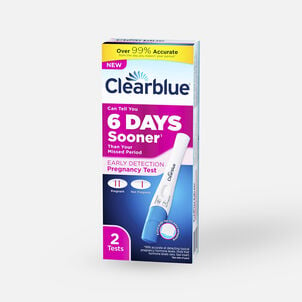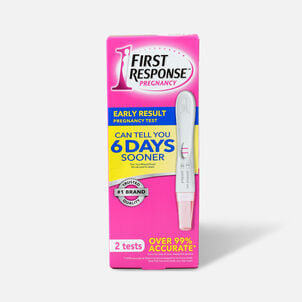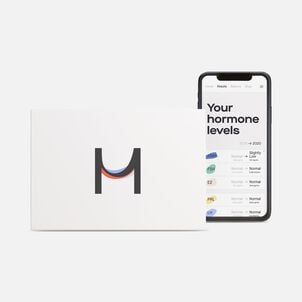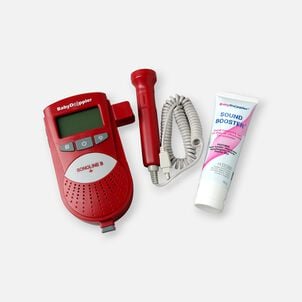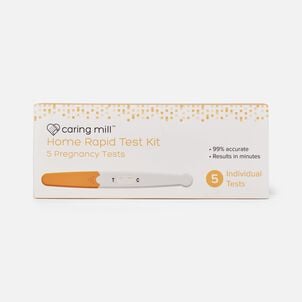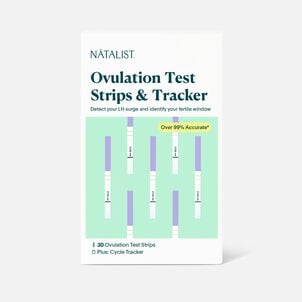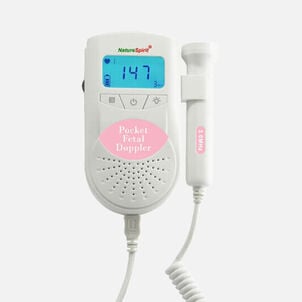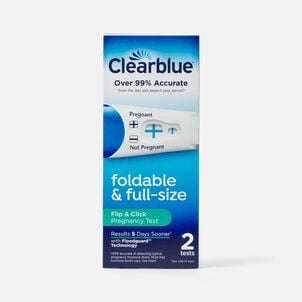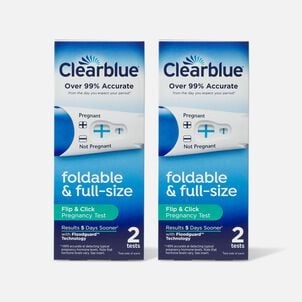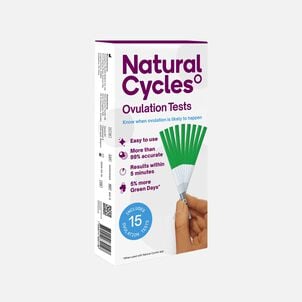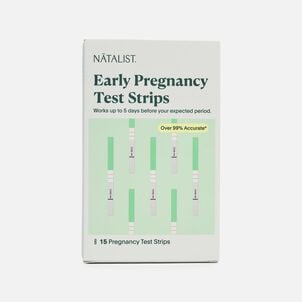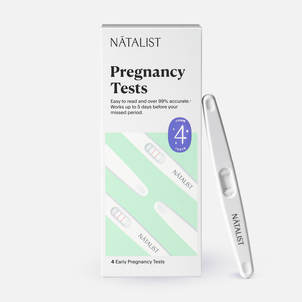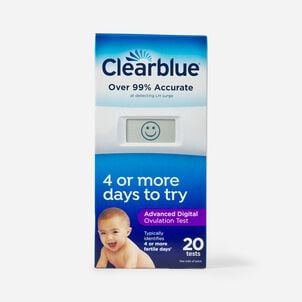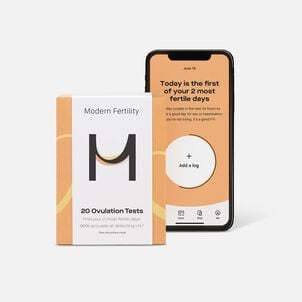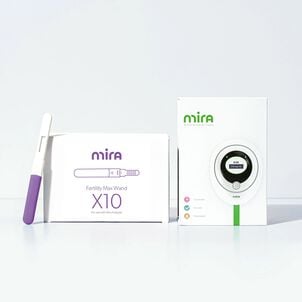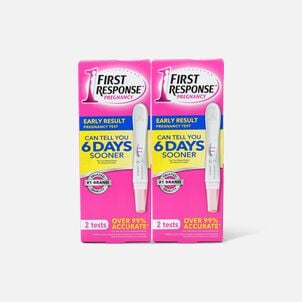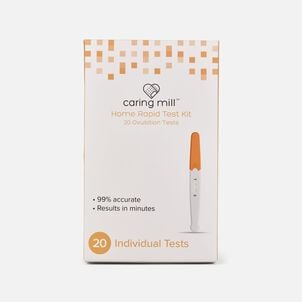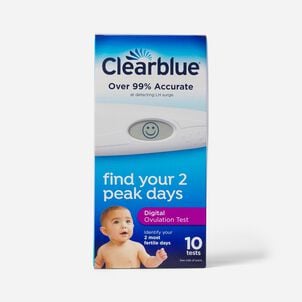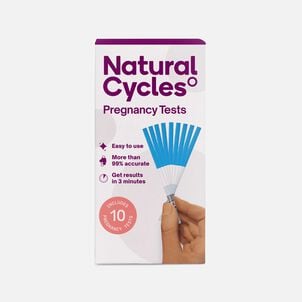The Complete HSA Eligibility List
Here it is — the most-comprehensive eligibility list available on the web. From A to Z, items and services deemed eligible for tax-free spending with your Flexible Spending Account (FSA), Health Savings Account (HSA), Health Reimbursement Arrangement (HRA) and more will be here, complete with details and requirements. Important Reminder: HSAs, FSAs, HRAs and other account types listed may not all be the same. Be sure to check with your administrator to confirm if something is eligible before making a purchase.
Here it is — the most-comprehensive eligibility list available on the web. From A to Z, items and services deemed eligible for tax-free spending with your Flexible Spending Account (FSA), Health Savings Account (HSA), Health Reimbursement Arrangement (HRA) and more will be here, complete with details and requirements. Important Reminder: FSAs, HRAs and other account types listed may not all be the same. Be sure to check with your administrator to confirm if something is eligible before making a purchase.
Pregnancy Aids: HSA Eligibility
Pregnancy Aids: eligible with a Health Savings Account (HSA)HSA Eligible Pregnancy & Fertility Tests
What are pregnancy aids?
Pregnancy aids describe a range of products that inform an individual about their pregnancy or help them become pregnant. Examples of pregnancy aids include ovulation trackers, fertility kits, ovulation predictors, and pregnancy tests. An ovulation predictor works by allowing an individual to test and view their saliva throughout their monthly cycle in order to check for a fern-like pattern which emerges during the estrogen surge which precedes ovulation.
Ovulation trackers contain boxes of test strips which are dipped in urine and read a woman's hormone levels to indicate how fertile she is based on her ovulation cycle (WebMD).
A pregnancy test is a take-home test that reads the urine's concentration of human Chorionic Gondotrophin, or HCG. HCG is a hormone that is produced when a woman becomes pregnant, and it reaches its highest concentration between weeks 8 to 11 of pregnancy. HCG levels subsequently drop around weeks 12 and 16. False negatives are more likely to occur in a pregnancy test, as opposed to a false positive. A pregnancy test is most accurate when taken on the first day of a missed period. Excessive fluid intake (too much water, etc.) can dilute the individual's urine to the point that HCG levels become difficult to read by the pregnancy test. This would produce a false negative, for example, in some situations (American Pregnancy Association).
A woman who is taking fertility medications may produce a false positive result with a home pregnancy test due to the presence of HCG in many fertility medications. However, most medications including antibiotics will not affect the results of a home pregnancy test.
 |
| 

